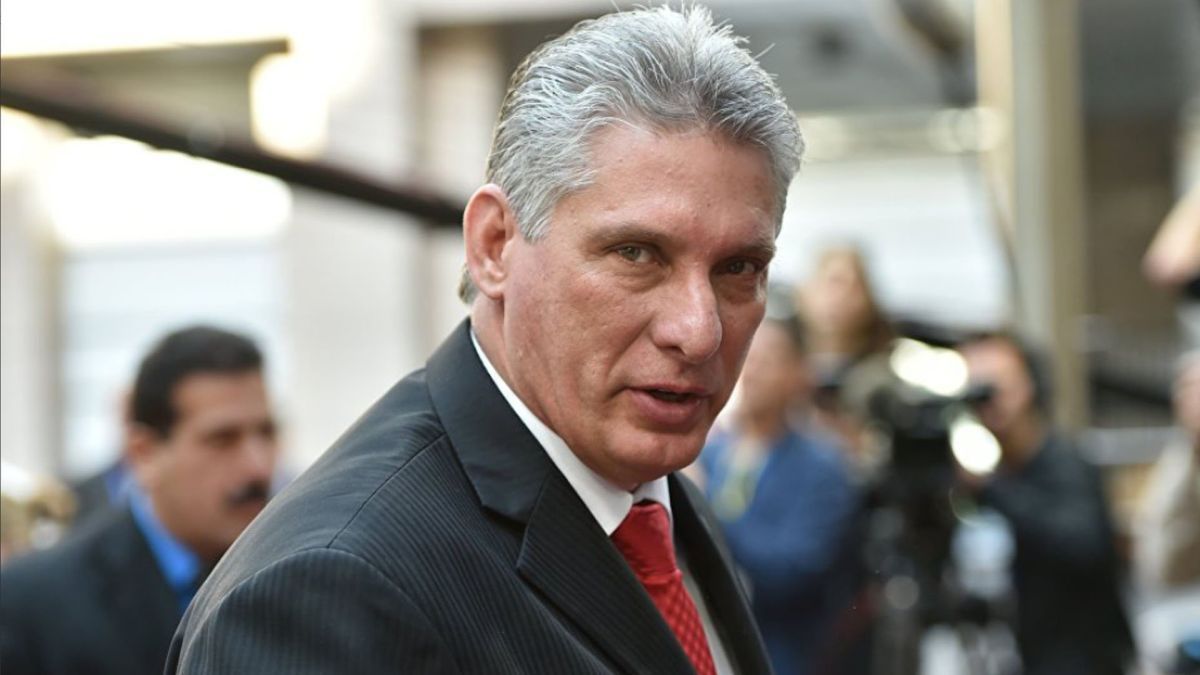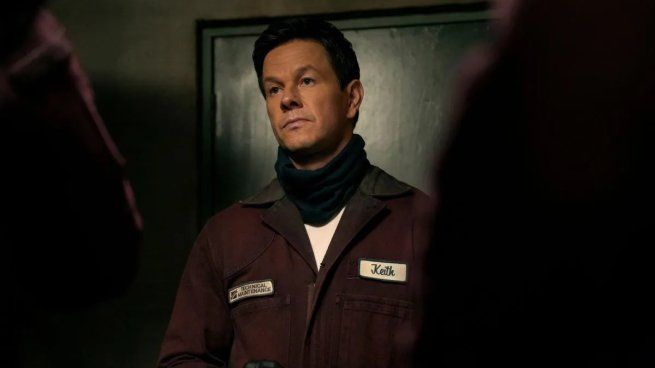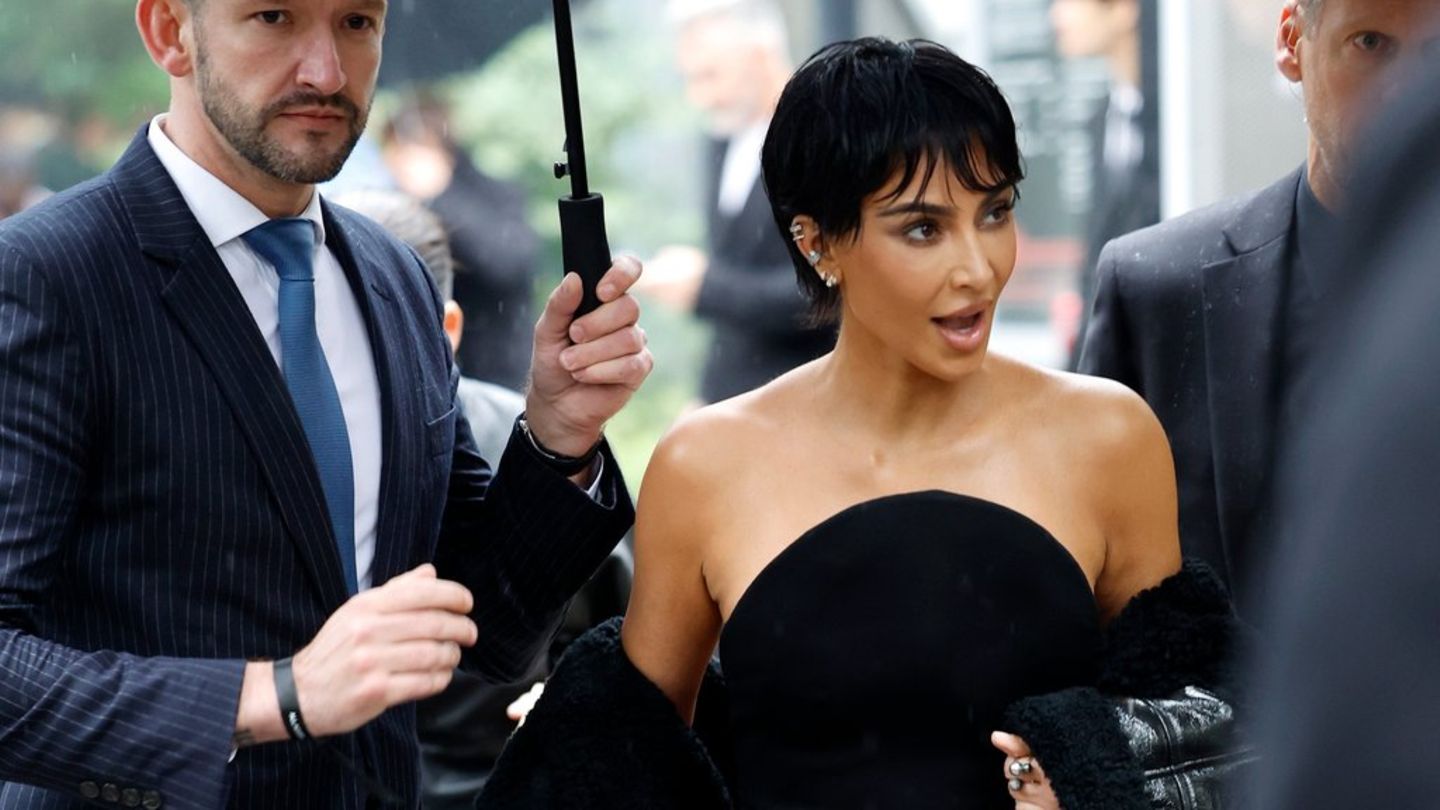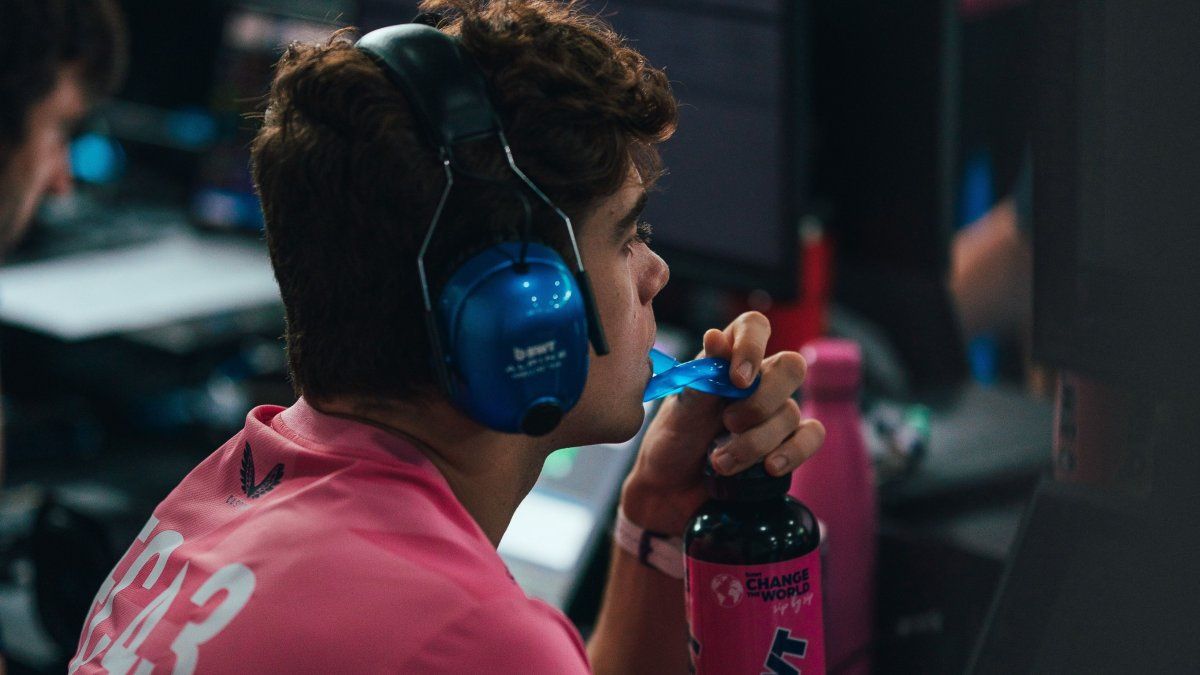“Taking into account the announced results, I declare elected Deputy Miguel Mario Díaz-Canel Bermúdez President of the Republic,” said Esteban Lazopresident of the National Assembly of People’s Power, before the plenary session and in the presence of the leader of the Revolution, Raúl Castro.
Díaz-Canel, a 62-year-old electronic engineer, governs Cuba since 2018. He succeeded the brothers Fidel and Raúl Castro, who held power since the triumph of the revolution in 1959 that overthrew the ultra-liberal government of the dictator Fulgencio Batista, supported by the United States.
Raúl Castro, 91 years old and now retired, said in April 2018 that his successor was “the only survivor” of a dozen young politicians prepared to take over from the historic generation led by Fidel Castro (1926-2016).
For the opponent Manuel Cuesta, the “re-election” is “sung” and occurs “in the midst of a double crisis at an economic level: of the model and of the political powers of the State to guide appropriate solutions,” reported the AFP news agency.
The 470 deputies of the National Assembly of Popular Power elected Díaz-Canel by absolute majority and by direct and secret vote.
The law establishes that the president, who He has a term of five years, he can be re-elected only once.
In the parliamentary session, the appointment of the 21 new members of the Council of State, which constitutes the directive of the National Assembly, is also voted on.
diaz-canel.jpg
economic transformation
Díaz-Canel undertook in 2018 the task of accelerating the economic reform initiated by his predecessor and political mentor Raúl Castro when the crisis on the island was worsening.
At the beginning of 2021, implemented a currency reform that ended the rate of one dollar for one Cuban peso that had prevailed for decades and caused strong distortions in the economy, although the biggest disruption continued to be the hard lock that prevented him from growing, or at least glimpsing some stability.
He also promoted the independent work and empowered SMEsbut these measures were not enough to achieve prosperity.
The monetary reform caused an inflationary spiral and a strong devaluation that gradually eroded the purchasing power of the population, which generated discontent and mistrust.
The currency skyrocketed in two years from 24 to 120 pesos per dollar at the official rate, while on the black market it is quoted at 185 pesos per currency.
At the moment Cuba is going through its worst economic crisis in 30 years, with shortages of food, medicine and fueldue to the tightening of the US embargo, in force since 1962, and the effects of the coronavirus pandemic that the Executive managed to control with three national vaccines that were national pride and global praise.
“I feel dissatisfied for not having been able to promote a group of actions that are more efficient, more effective, in solving these problems,” Díaz-Canel lamented. during a recent interview in Havana with the pan-Arab television channel Al Mayadeen.
One of the president’s achievements was to lead “the transition to a regime headed by a new generation born after 1959 that does not bear the last name Castro,” said Jorge Duany, an academic at Florida International University, quoted by AFP.
Duany added that his “greatest failure was the poor handling of the protests” in July 2021, the largest on the island since 1959, which left one dead, dozens injured and more than 1,300 imprisoned, according to the human rights organization Cubalex. , a fiercely opposition entity based in Miami.
After the protests, there was a migratory exodus that caused more than 300,000 Cubans to leave the country in 2022, according to unofficial data from different organizations that the Cuban government has disputed.
Source: Ambito




